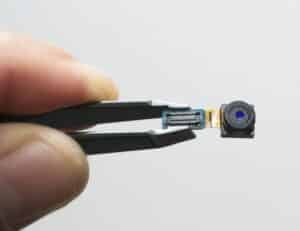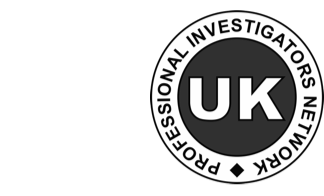- How Does Being Bugged Impact Mental Health?
- What Mental Health Implications Should Bug Sweepers Look Out for?
- What Might Investigators Do When A Client Is Vulnerable?
- Mental Health and Corporate Bug Sweeping
- What If There Are No Cameras Or Listening Devices?
- A Progressive Partnership for Mental Health Support
Privacy is a core human need. When clients come to us for our bug sweeping services in the home, we must recognise the environment in which they have been living for some time as potentially hostile. Listening devices and hidden cameras can damage mental health in both home and corporate settings. Without the security of privacy, we struggle to relax or focus on personal tasks. This can impact our sense of achievement and our sense of control over our lives, leading to stress, anxiety and depression.
‘Privacy is experienced as “room to grow in”, as freedom from interference, and as freedom to explore.’
Sidney M Jourard, ‘Some Psychological Aspects of Privacy’ (1966)
A hidden camera or listening devices within a client’s home show that a particular individual wishes to monitor the client’s actions in their most private of places. This is usually someone the subject knows, such as a family member or former partner. To monitor someone in this way can be a form of abuse, depriving the victim of privacy and autonomy without the authority to do so.
While being bugged may seem unlikely, spy cameras and listening devices are becoming cheaper and easier to hide. The idea that secret monitoring devices are unlikely can fuel self-doubt in the victim. This may deter them from sharing their fears or seeking help for fear of being laughed at or called ‘crazy’. However, keeping these fears bottled up can increase stress. Seeking help is a way to take control of the situation.
How Does Being Bugged Impact Mental Health?
From the victim’s perspective, being bugged might suggest that their life is beholden to someone else. The presence of a device may also show that someone has trespassed in their home and interfered with their property. The experience may be likened to being bullied, particularly when the perpetrator uses private information against the victim.
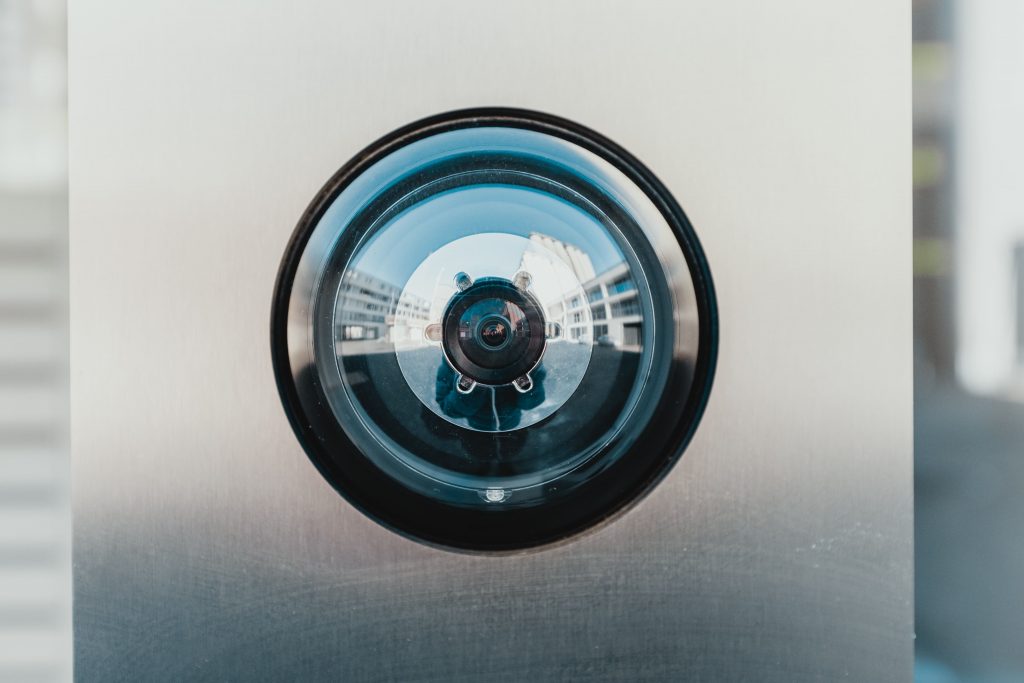
Even before the victim suspects there is a bug, the perpetrator’s knowledge of private information could cause disruption in their life. In our case study on bug sweeping in the home, a client suspected her ex-husband of planting a bug. She questioned this when he knew more than she was telling him, as he had details about her work life. Before realising he had a hidden camera and microphone, the client grew suspicious that her colleagues were leaking information to him.
A situation which causes a person to question the integrity of those around them can impact relationships with others. The knock-on effects of this can be increased isolation, poor performance at work or family issues, increasing the levels of stress the victim is experiencing.
What Mental Health Implications Should Bug Sweepers Look Out for?
In personal cases, monitoring is often an abusive tactic of stalking or controlling an individual. Being spied on, even via social media, can create a constant tension that leads to stress and chronic anxiety. The client may be continually questioning their behaviour, even when alone: Am I being watched right now? What will they say about this action?
Spying on someone without due reason is a clear violation of privacy. The impact of being violated this way can be catastrophic. Clients feel vulnerable or that they have no control over their own life. Without support, these factors can cause a range of mental health issues long into the future, such as:
The experience of being spied on or monitored could also exacerbate existing mental health conditions, such as bipolar disorder or borderline personality disorder. These conditions can often go undiagnosed until the person experiences a crisis.
What Might Investigators Do When A Client Is Vulnerable?
The key is to support the client in feeling secure. A bug sweep can provide evidence of the perpetrator’s controlling behaviour, which survivors can use to make a complaint with the police and obtain court ordered restrictions against the perpetrator.
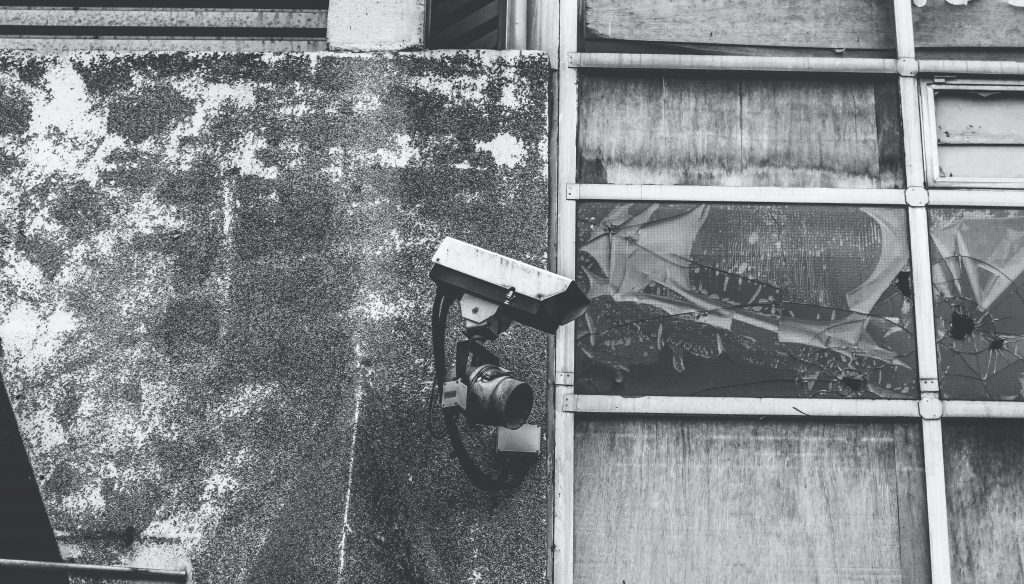
However, these benefits can seem unattainable. Sometimes the client may have concerns that a bug sweep will make things worse. They may worry that the perpetrator will remove the device if they realise the client is hiring bug sweeping services. They might also worry that the perpetrator will use the knowledge against them to discredit them and harm them further.
Investigators might help clients feel more secure by conducting a bug sweep sensitively. By respecting the client’s privacy and taking precautions to ensure discretion, we can investigate without creating undue stress or pressure.
Mental Health and Corporate Bug Sweeping
Much of this article has focussed on bug sweeping in private homes, but it’s important to discuss mental health in our corporate investigations as well. While corporate bug sweeping cases are less likely to involve abuse, hidden listening devices in offices and workplaces come with their own set of stressors.

In corporate settings, hidden listening devices may be linked to insider trading or corporate espionage. A business leader may suspect someone is recording their meetings if competitors or clients have knowledge they couldn’t have otherwise. Bugged offices or board rooms might lead to the theft of information, such as passwords or emails for use in fraud. Sensitive business information such as trade secrets or pitch materials may also be targets.
When business information is leaked, or a company is targeted by fraud, stress levels in the work force increase dramatically. Those privy to the information may feel they have nowhere safe to discuss things, impeding progress and trust in their colleagues.
The instability which results from being bugged can cause stress and suspicion which affects everyone in the workplace and needs to be handled swiftly.
What If There Are No Cameras Or Listening Devices?
Occasionally we have clients who request bug sweeping services without a clear reason why they believe they’re being monitored. This kind of request could
indicate an underlying mental health issue, such as paranoia. It is not our place to make diagnoses, but we do try to keep an eye out for other signs and symptoms, and offer support.
We have previously conducted bug sweeping for clients with mistaken beliefs. The logic behind this is to give them peace of mind and reassurance, so that they can move on from anxieties about being watched. For example, we searched for listening devices in the home of a client, and found nothing. He thanked us for confirming he was mistaken, and told us he felt encouraged to seek support with his mental health, knowing that his house wasn’t bugged.

A Progressive Partnership for Mental Health Support
Since then, we’ve made space for mental health support within our business structure. By partnering with BHSF, a non-profit mental health organisation, we are able to offer all clients free, confidential mental health support. In every case, there is an element of adverse stress and anxiety. What is a case to us is a difficult time in a client’s life. Whether the case is private or corporate, mental health support is available through our partners, from counselling by telephone to a full psychiatric assessment.

 Surveillance
Surveillance Matrimonial Investigations
Matrimonial Investigations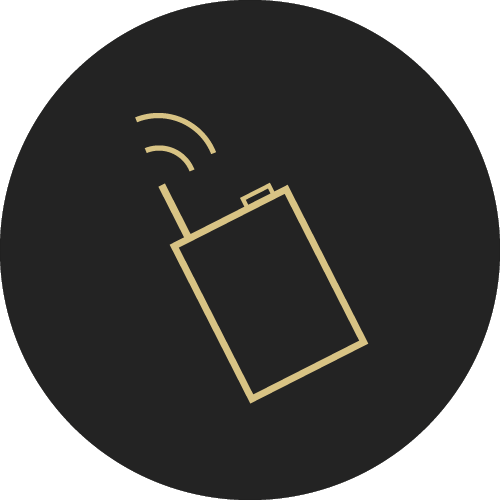 Bug Sweeping
Bug Sweeping GPS Vehicle Tracking
GPS Vehicle Tracking Lie Detector Test
Lie Detector Test Person Tracing
Person Tracing Employee Investigations
Employee Investigations Asset Tracing
Asset Tracing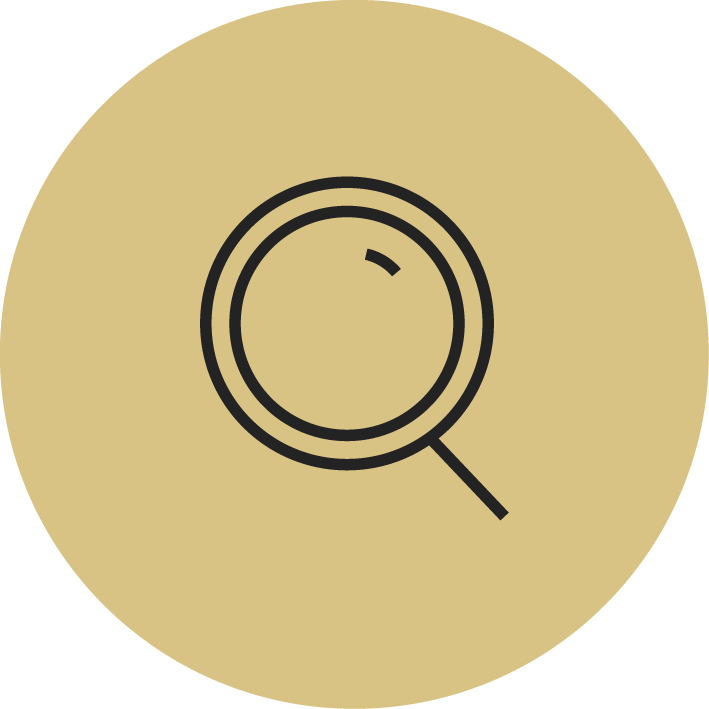 Fraud Investigations
Fraud Investigations Injury & Insurance Investigations
Injury & Insurance Investigations

